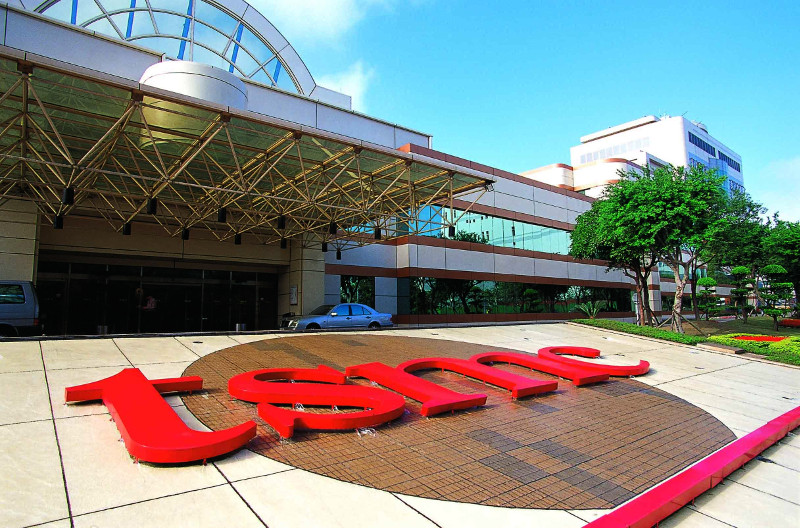TSMC Says It’s Not Impacted By U.S. Ban Against Huawei
TSMC, the Korean chip manufacturer, said that its shipments to Huawei have not been affected by the recent United States ban. However, whether or not Huawei itself will continue to make Arm chips in the future is still an open question.
TSMC to Continue Chip Shipments to Huawei
On Thursday, TSMC said that the new U.S. restrictions against foreign companies that present a high risk to U.S. national security, will not impact its shipments to the Chinese firm Huawei. The comment was made by spokeswoman Elizabeth Sun at the TSMC 2019 Technology Symposium in Taiwan’s tech hub of Hsinchu.
Before the announcement, TSMC said that it would continue to supply Huawei anyway but that it would also assess the impact of President Donald Trump’s new executive order. The order that enabled these restrictions doesn’t specifically name Huawei, but many companies in the industry seem to think that the U.S. government passed it specifically to target Huawei, as well as other Chinese companies.
Arm Ban Should Still Hurt Huawei in the Long-Term
Although TSMC believes that it’s free to manufacture Huawei’s chips, whichever those may be, Huawei itself may not be able to design those chips for TSMC for much longer, at least when it comes to Arm-based chips.
Recently, Arm sent a memo to its employees ordering them to stop all collaborations with Huawei, which also means Huawei will not be able to get new licenses from Arm until the situation is resolved. Even if the ban is eventually reversed, every month Huawei can’t work on the next-generation CPU cores will represent the time Huawei will fall behind in technology and CPU performance compared to its rivals.
Huawei can now wait it out and hope that it will be able to reverse the ban soon (the company’s CEO certainly doesn’t seem to lack the confidence in this regard). Alternatively, it could look to more open alternatives, such as the open source RISC-V instruction set architecture, which has already been adopted by some large companies such as Nvidia and Western Digital.
Two other options could include OpenPower or MIPS ISAs, which have also been open sourced in recent years. However, Huawei will also need to carefully analyze those architecture’s licenses and U.S. law in this regard and commit to defending their use in court in case the U.S. government decides to go after them anyway.
Get Tom's Hardware's best news and in-depth reviews, straight to your inbox.
Lucian Armasu is a Contributing Writer for Tom's Hardware US. He covers software news and the issues surrounding privacy and security.
-
TheSecondPower "TSMC, the Korean chip manufacturer..."Reply
Samsung is "the" Korean chip manufacturer. TSMC is headquartered in Taiwan. -
Brandon Schilling You would think that the name Taiwan Semiconductor Manufacturing Company would clue you in to the fact that they are a Taiwanese company, not Korean.Reply -
patturn Reply
Calling TAIWAN Semiconductor Manufacturing Company a KOREAN company is beyond belief. Who did the fact checking for this article?Lucian Armasu said:TSMC announced that the U.S. ban against Huawei will not impact its shipments to the Chinese company.
TSMC Says It’s Not Impacted By U.S. Ban Against Huawei : Read more
